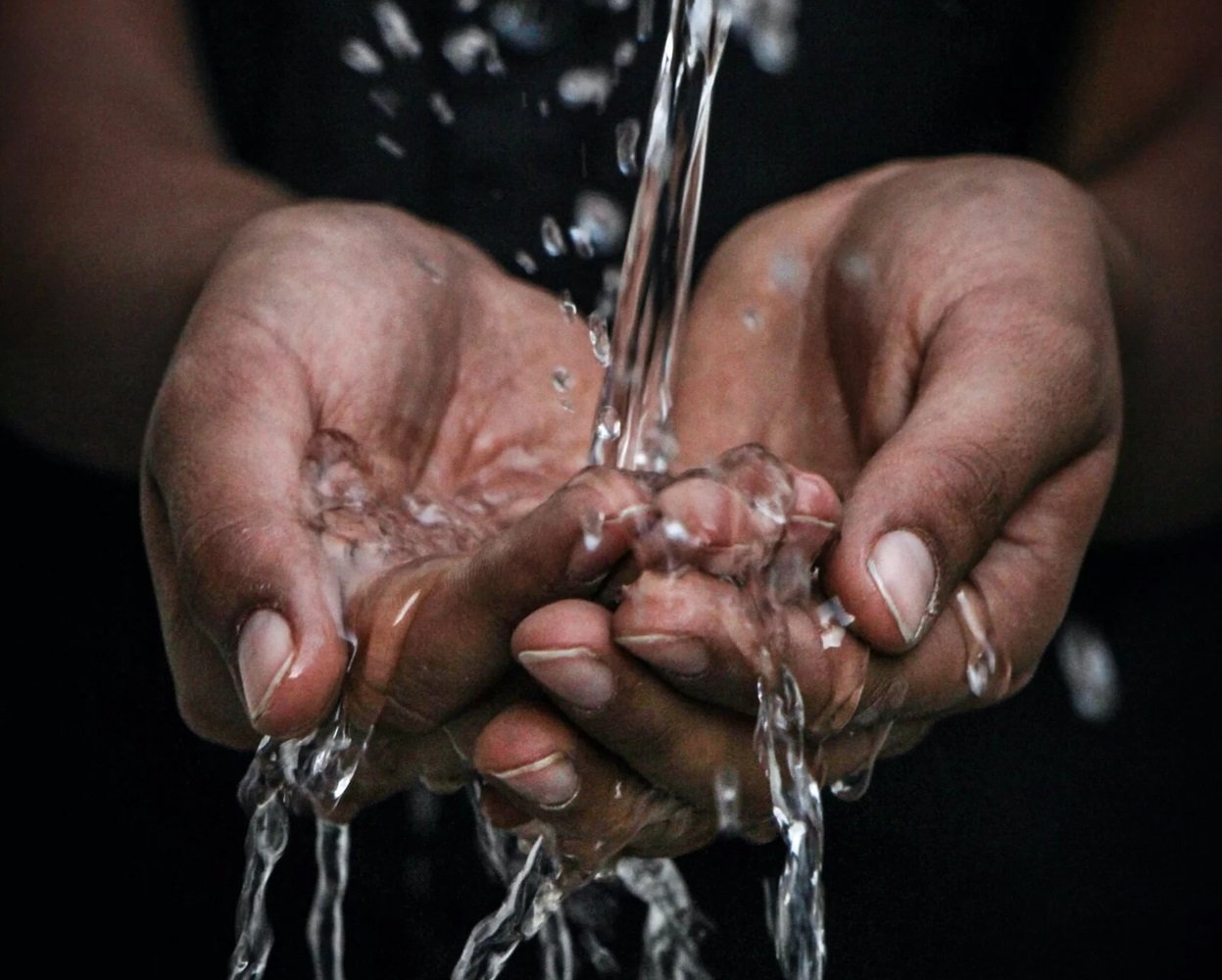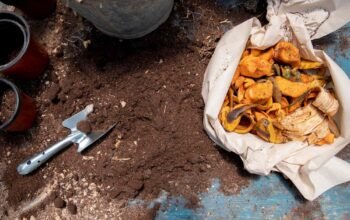Middleportal.com – Access to clean water is a basic human right, yet millions of people in Africa still lack this essential resource. Building wells in Africa is a crucial step towards improving the lives of communities and ensuring their long-term sustainability. However, the cost of building a well can vary depending on various factors.
Factors Affecting the Cost
1. Location: The location of the well plays a significant role in determining the cost. Remote areas may require additional transportation and logistical expenses.
2. Depth: The depth of the well influences the cost. Deeper wells require more materials and labor, increasing the overall expenses.
3. Water Demand: The anticipated water demand of the community affects the well’s size and capacity, which can impact the cost.
Cost Breakdown
The cost of building a well in Africa can range from $5,000 to $15,000 on average. However, it’s important to note that these are rough estimates and can vary depending on the factors mentioned above.
1. Material Costs: This includes the cost of pipes, pumps, cement, gravel, and other necessary materials. It typically accounts for around 30-40% of the total cost.
2. Labor Costs: Skilled labor is required for drilling, construction, and maintenance. Labor costs can vary based on the region and the complexity of the project.
3. Equipment Costs: Specialized drilling equipment and machinery are needed for the construction of wells, adding to the overall expenses.
Importance of Building Wells
Building wells in Africa has numerous benefits:
1. Access to Clean Water: Wells provide communities with a reliable source of clean water, reducing the risk of waterborne diseases and improving overall health.
2. Economic Empowerment: Access to water allows communities to engage in agricultural activities, boosting food security and creating economic opportunities.
3. Education and Gender Equality: When women and children no longer have to spend hours fetching water, they can focus on education and other productive activities, promoting gender equality.
Conclusion
While the cost of building a well in Africa can vary, it is a worthwhile investment in the future of communities. Access to clean water not only improves health but also transforms lives by empowering individuals and fostering sustainable development. Together, we can make a difference by supporting initiatives that bring clean water to those in need.


